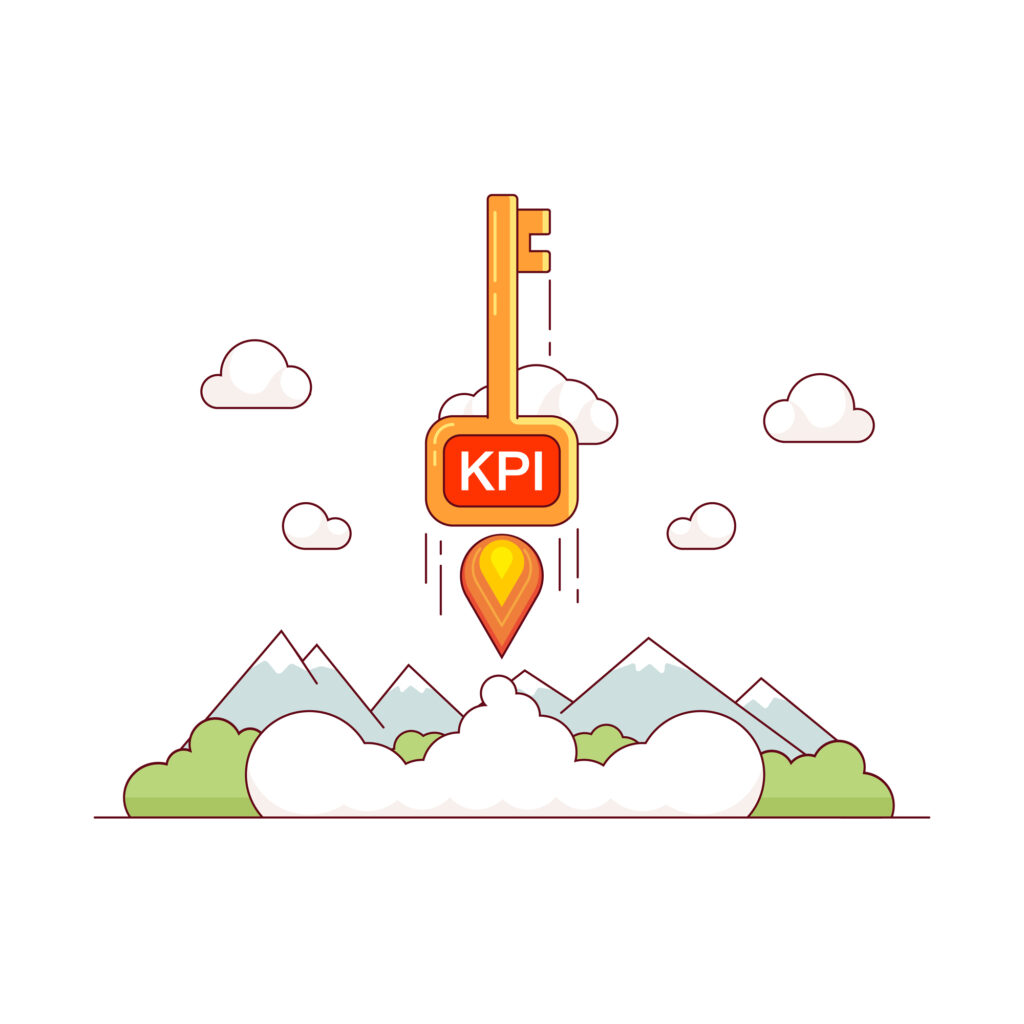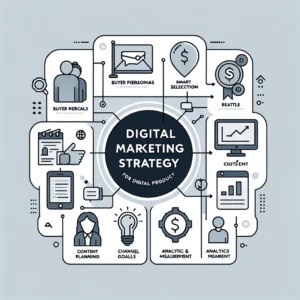In the landscape of modern business, from e-commerce to SaaS, marketplaces, and pay-as-you-use models, success hinges on understanding and leveraging the Best KPIs (Key Performance Indicators). This guide delves into the most crucial KPIs tailored for each of these business models, providing you with the metrics needed to track and enhance your business performance effectively.

Best KPIs for E-commerce Businesses
E-commerce thrives on customer interaction and sales metrics. Here are key KPIs essential for any e-commerce business:
Need more info about KPIs? Check here!
- Conversion Rate: Measures the percentage of visitors who make a purchase. It’s vital for understanding the effectiveness of your sales funnel.
- Average Order Value (AOV): Tracks the average amount spent each time a customer places an order. AOV is crucial for pricing and marketing strategies.
- Customer Lifetime Value (CLV): Estimates the total revenue a business can expect from a single customer account. It helps in understanding long-term value and customer retention strategies.
- Cart Abandonment Rate: Shows the percentage of shoppers who add items to their cart but do not complete the purchase, crucial for optimizing the checkout process.
Best KPIs for SaaS Businesses
SaaS businesses, revolving around software subscriptions and services, should focus on the following KPIs:
- Monthly Recurring Revenue (MRR): This KPI tracks the predictable revenue stream from subscribers. It’s essential for financial planning and forecasting.
- Churn Rate: Measures the rate at which customers cancel their subscriptions. A low churn rate is vital for long-term business sustainability.
- Customer Acquisition Cost (CAC): The total cost of acquiring a new customer. Balancing CAC with CLV is crucial for profitability.
- Net Promoter Score (NPS): Indicates customer satisfaction and loyalty. It’s an excellent predictor of growth potential.
Marketplace Best KPIs
Marketplaces, acting as intermediaries between buyers and sellers, should monitor these KPIs:
- Gross Merchandise Value (GMV): The total sales value processed through the marketplace. It indicates the marketplace’s health and growth.
- Seller Acquisition Rate: Tracks how quickly new sellers are joining the marketplace, a vital metric for expansion and diversity.
- Buyer-to-Seller Ratio: Helps understand the balance between buyers and sellers, crucial for maintaining a healthy marketplace ecosystem.
- Customer Retention Rate: Measures the percentage of repeat customers. High retention rates signify a thriving marketplace.
Pay-As-You-Use Model KPIs
For businesses operating on a pay-as-you-use model, these KPIs are indispensable:
- Usage Rate: Tracks how frequently and extensively customers use the service. It’s a direct indicator of customer engagement and value perception.
- Revenue Per User (RPU): Measures the average revenue generated per user, helping in pricing strategies and financial forecasting.
- Service Uptime: A critical metric for customer satisfaction, especially in technology and service-based models.
- Customer Support Tickets: The number of support tickets raised can indicate service quality and areas needing improvement.
Conclusion
Identifying and monitoring the right KPIs is crucial for any business, be it e-commerce, SaaS, marketplace, or pay-as-you-use. By focusing on these tailored metrics, businesses can gain insightful data to drive growth, enhance customer satisfaction, and achieve long-term success.



